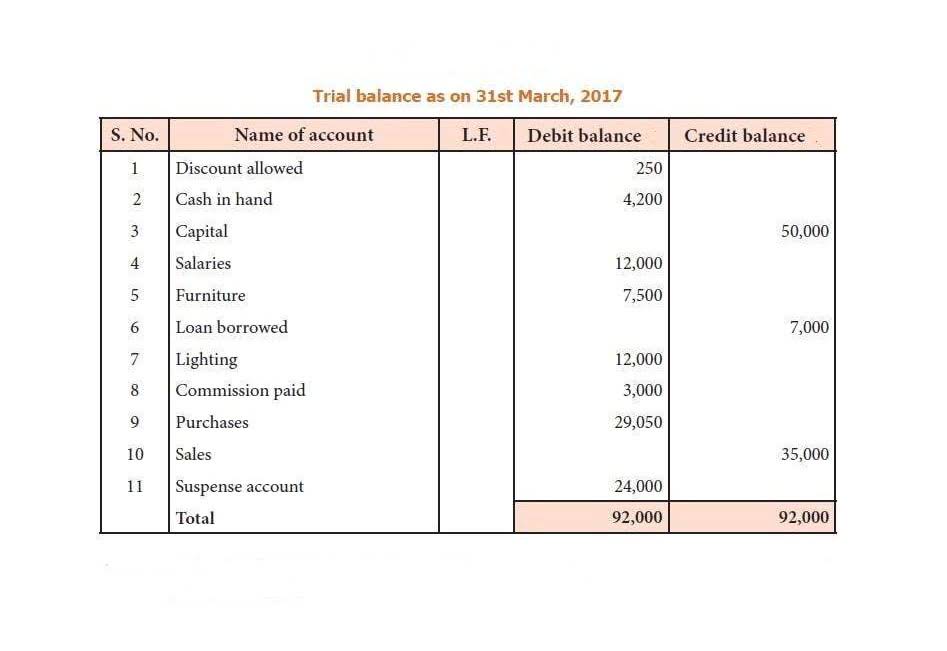
Also, do not donate the money to charity or use it for another client – the safest path is through the OBF or Unclaimed Property channels as described. Before contra asset account remitting to OBF, you can also call the OBA Ethics Counsel or OBF for guidance on the proper steps; they can confirm the process and any required paperwork. A busy law office has so much more on its plate than just making sure its clients receive the best advice they need and the counsel they deserve. Making sure that each of these transactions are properly and accurately recorded can be time-consuming and tedious for you or your accounting department.
Mục lục
- Difference Between IOLTA vs Attorney Trust Account
- Best Practices for Trust Accounting Compliance in Michigan
- Innovations in Legal Funding
- What distinguishes an IOLTA account from a regular trust account?
- Wisconsin IOLTA Compliance and Trust Accounting: A Comprehensive Guide for Law Firms
- Mississippi IOLTA Rules: Foundations and Requirements
Difference Between IOLTA vs Attorney Trust Account
To create an IOLTA, a lawyer or law firm must open a trust account at a financial institution that offers IOLTA accounts. The institution must be approved by the state bar association or other regulating body. The account is usually set up as a pooled account, where multiple clients’ funds are held together but tracked separately.
- Reinforcing trust with their clients while contributing to the broader social good through the IOLTA program.
- IOLTA Account holds client funds that are either too small in amount or held for too short a period to generate interest for clients.
- Make sure everyone involved (attorneys, bookkeeper, paralegal, etc.) knows the rules and your firm’s processes.
- Under today’s rules, when a Florida attorney receives client money that is nominal in amount or expected to be held only short-term, those funds must be placed in an IOLTA/IOTA trust account.
- While IOLTA is widely recognized and practiced across the US, and other countries, there are differences at the state level.
Best Practices for Trust Accounting Compliance in Michigan
The trust account needs to be in a financial institution that’s authorized to do business in Wisconsin (e.g. a bank or credit union in the state) and that has agreed to the overdraft notification and IOLTA requirements. You would deposit that money into your IOLTA trust account (not your operating account) and record it as funds held for that client. The bank will calculate interest on the entire IOLTA balance (across all clients) and send the interest to the IOLTA Board, not to your firm or the client. Later, as you earn fees or incur costs, you will transfer the earned amount out of the IOLTA into your firm’s operating account (typically after invoicing the client and obtaining consent, see below). By rule, nominal or short-term funds like this example must stay in an IOLTA – you can’t put them in a regular business account or let them earn interest for yourself. This ensures even small amounts of interest are pooled to support legal aid without costing clients anything.
Innovations in Legal Funding

For example, you cannot pay for operating expenses directly from an IOLTA account, although you can move money from the client’s trust account to your business account and then pay those bills. Keep in mind that even unintentional client fund misappropriation is still misappropriation. It’s crucial to understand that any shortage in the trust account is treated very seriously. Using client money improperly is considered misappropriation, which in Michigan is a per se ethics offense. In fact, even if an overdraft protection transfer covers a check, the bank is still obligated to report that the account didn’t have sufficient funds in the first place. This means you can’t hide a mistake by relying on overdraft protection or transferring money in later – the violation (the moment the account went below what it should hold) will be reported.

If an unexpected bank fee or overdraft would put the account in the red, you must address it by depositing your own funds only as needed to cover the charge – not by keeping extra personal money in trust in advance. Interest on Lawyers’ Trust Accounts (IOLTA) programs operate under a legislative and regulatory framework. This framework serves to ensure the proper management of client funds and to support legal services for underserved communities. If you’re ready to iolta stands for learn more about IOLTA accounts and how to set up interest bearing checking accounts in your state, consider reaching out to LeanLaw to help with any and all of your law firm’s accounting needs.
What distinguishes an IOLTA account from a regular trust account?
Many firms find it effective to double-enter transactions (once in the software or ledger, and once on a physical receipt or log) to ensure nothing is missed. For example, at month-end, scan the list of client balances – do all the balances make sense? Are there any negative balances (which should never happen), or any funds that have been sitting untouched for too long? Regular review can catch issues like funds that should have been refunded to a client or transferred to operating after a case closed.

Wisconsin IOLTA Compliance and Trust Accounting: A Comprehensive Guide for Law Firms
An IOLTA account is a pooled, interest- or dividend-bearing business checking account (such as a NOW account) for the deposit of client funds which pays all interest earned to the Lawyers Trust Fund. Under Rule of Professional Conduct 1.15B, Illinois lawyers https://www.bookstime.com/articles/how-to-become-a-bookkeeper are required to deposit funds of clients and third persons into IOLTA accounts unless those funds can otherwise earn net income for the client or third person. Some attorneys fail to keep detailed and specific records, and that shows they are disorganized and may be judged as incompetent to handle a trust account.

Though there are several different law firm accounting software programs available, there are a number of reasons that LeanLaw stands out from the rest. Your banking institution probably has this TIN on file, assuming they have already set up these types of accounts for other law firms in your state. Now, to address some of the common questions Iowa attorneys have about trust accounting, IOLTA, and compliance, let’s move to the FAQs. By treating every trust transaction with care and formality, you build habits that keep you in compliance.
Mississippi IOLTA Rules: Foundations and Requirements
- IOLTA accounts must comply with federal banking laws in the United States, including regulations set forth by the Federal Deposit Insurance Corporation (FDIC) and the National Credit Union Administration (NCUA).
- Most law firms have a clear understanding of how important it is to have a well-established and carefully managed IOLTA set up for their firm.
- Wisconsin established its IOLTA program in the 1980s, and it is mandatory for attorneys in private practice who handle client trust funds.
- So larger amounts of money held for single clients are exempt from the IOLTA program.
- Funds that are capable of generating net interest for an individual client must be deposited into a separate interest-bearing trust account with interest paid to the client.
- This framework serves to ensure the proper management of client funds and to support legal services for underserved communities.
- It also protects you – a client is less likely to dispute handling of their funds if they see it accounted for on regular statements.
Next, let’s discuss some common pitfalls that can trip up lawyers on these requirements, and what happens if things go wrong. No – commingling personal/business funds with client trust funds is prohibited. You should never deposit personal or firm funds in a client trust account, except for a minimal amount necessary to cover bank service charges (and Mississippi explicitly allows only a “reasonable, small amount” for that purpose).